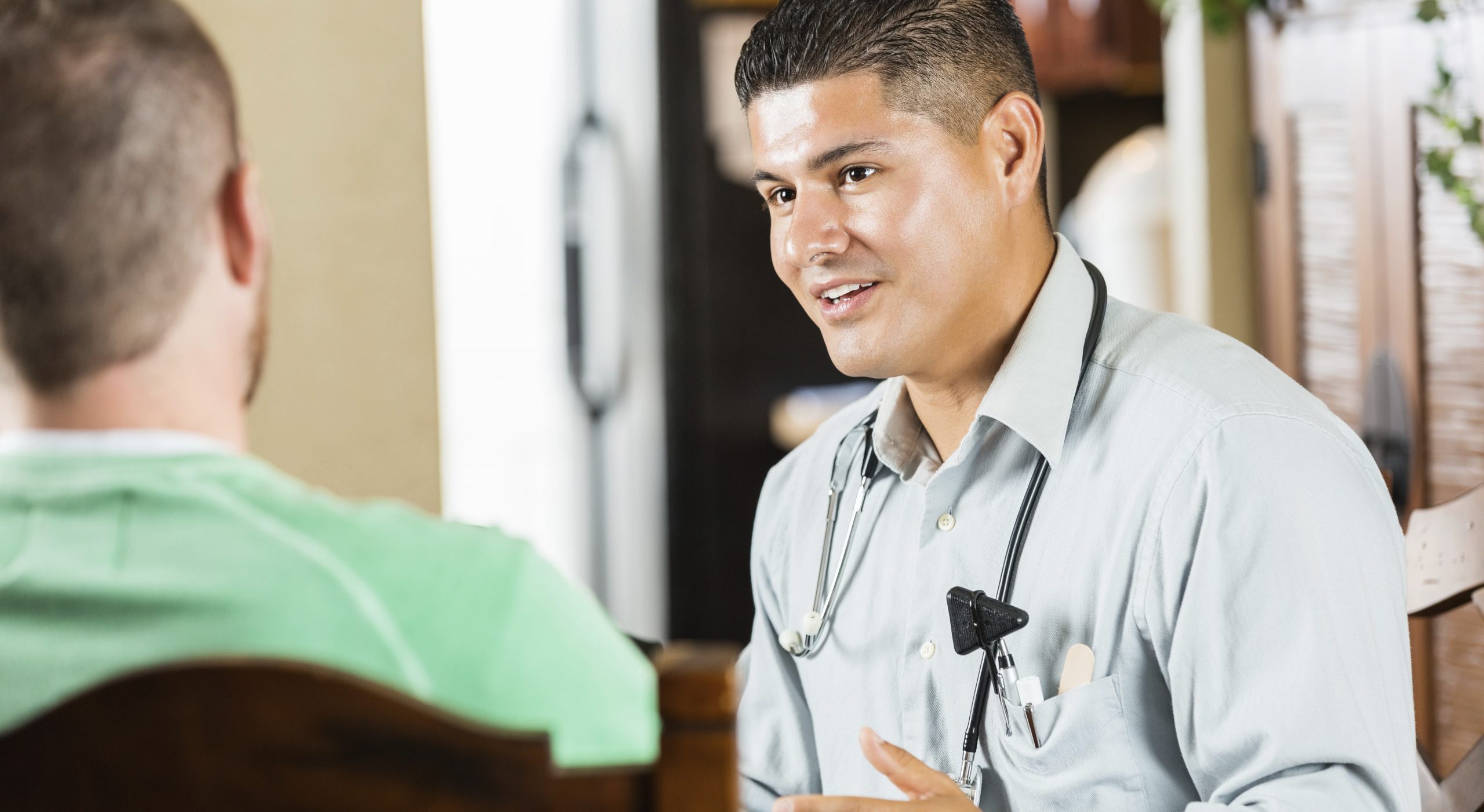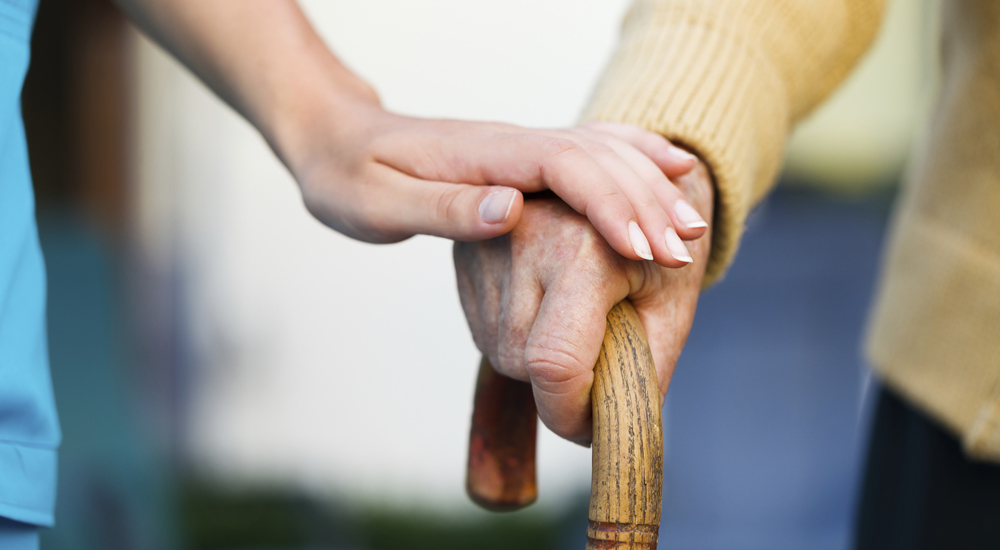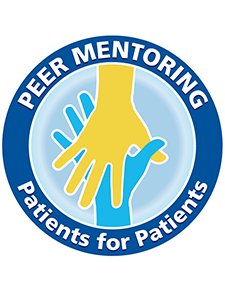Peer Mentoring

Sharing Experiences

Listening to concerns

Offering Encouragement
What is the Peer Mentoring Educational Program?
The Peer Mentoring Program offers a structured environment for people with kidney disease to develop one-on-one relationships while providing experiential support from peer mentors to peer mentees. In addition, it advocates for patient education through the IPRO Learn Learning Management System (LMS), the program’s learning management system, and encourages patient peers to engage one another to remain active in their healthcare by sharing the lived experiences of their ESRD journey. The strategies and tactics referenced in the toolkit below offer a starting point for dialysis providers to develop and implement this program in their center.
Benefits of the Peer Mentoring Program
- Enhanced communication and understanding between staff and patients.
- Meet the Centers for Medicare & Medicaid Services (CMS) Quality Incentive Program (QIP) requirements.
- Improve patients’ knowledge and empower patient self-efficacy.
- Increase patients’ socialization with one another and their facility patient representatives.
- Improve facility and patients’ outcomes.
- Improve home dialysis and transplant referrals and/or patient interest.
- Improve new patients’ adjustment to the facility and demands of treatment.
Peer Mentoring Program Toolkit
Step 1 - Program Background
Members of the interdisciplinary team should review the following STAFF resources to understand goals and objectives of the Peer Mentoring Program, participation, and mentor/mentee recruitment.
- Power of Peer Mentoring: Mentor and Mentee Perspective
- Peer-to-Peer Mentoring Program Guide
- Why Your Facility Should Participate
- Peer Mentoring Frequently Asked Questions (FAQs)
- Talking Points for Turning Down a Patient
Share the following PATIENT resources with individuals interested in participating in the Peer Mentoring Program.
Step 2 - Peer Mentor Nominations/Referrals
Use the following electronic application to nominate/refer peer mentors. Submit all completed forms electronically.
Step 3 - IPRO Learn
Mentors and mentees should register on IPRO Learn at https://esrd.iprolearn.org/.
Step 4 - Peer Mentoring Education Program
Mentors should access the Peer Mentoring Education Program and take the required courses.
Upon finishing the courses and orientation, peer mentors will be given a Certificate of Completion. The certificate acknowledges that the peer has completed the necessary activities to become a facility peer mentor.
Step 5 – Pairing Peers
For in-person pairings, consider the timing of mentor and mentee treatments and transportation and try to coordinate so that peers can meet before or after their treatment. Based on your knowledge of the mentor and the mentee's preferences pairings should be built based on compatibility. Mentors and Mentees should have similar communication styles and areas of interest in regards to ESRD treatment. Situations can arise where the dialysis facility or Network Peer Mentor Coordinator may need to intervene to support the peers. Always be mindful that sometimes pairings just don’t work out, and no one is to blame should this happen. Encourage the mentor and mentee to try meeting again or consider being paired with another patient peer.
This is a confidentiality waiver, which must be signed by both the mentor and mentee.
The resources below can be found on the Kidney Learning Hub and are designed to support peers in their mentoring relationship.
- Let’s Practice Mentoring (Video)
- Quick Reference Guide for Mentoring (PDF)
- Share A Patient Peer Mentoring Program (Video) with patients while on treatment, lobby TV, etc.
Step 6 - Monitoring and Tracking Peer Mentoring Activities
Peer mentor log form:
- Measure activities of mentoring.
- Do not share information about discussions between mentors and mentees.
- Will be used to collect/assess weekly mentoring outcomes or lack thereof.
- Log can be emailed or faxed to assigned Network staff.
This is for the mentor to complete and provide to the dialysis facility staff or directly to the Network via fax at (516) 231-9767.
Supportive Resources
- Patient Alternative Approaches to Peer Mentoring
- Staying Connected Virtually (PDF)
- Peer Mentoring Training Part 1: Mentoring to Support Choices (PDF)
- Peer Mentoring Training Part 2: Talking Effectively with Another Patient (PDF)
- Interested in Becoming a Patient Peer Mentor?
- Interested in Being Paired With a Patient Peer Mentor?
- Reference Guide for Peer Mentors
- Getting the Conversation Started

